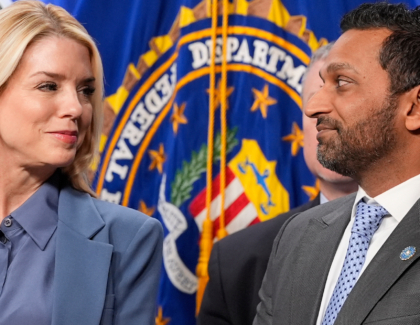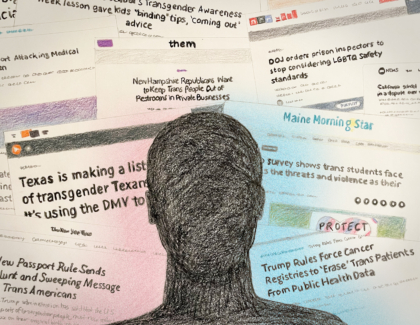Sign up for the daily CJR newsletter.
Thanks to this Guardian blog for identifying a new twist in the development of online news paywalls. The Sun Chronicle, a paper in Massachusetts with a circulation of about 15,000, has installed a paywall in a single section of its site: the comments section. In an interview with CJR on Wednesday, Sun Chronicle publisher Oreste D’Arconte explained that money has nothing to do with the decision.
Like many Web sites, D’Arconte said, the Chronicle was plagued for several years by abusive, obscene, or otherwise “nasty” comments. The Web staff felt they were wasting too much time deleting inappropriate comments and policing repeat offenders. Trying to approve each comment before it went live proved to be just as inefficient, and the delay in posting the comments seemed to undermine the point of having an online feedback system in the first place.
Eventually, the situation got so bad that, in April, they disabled comments completely while they decided what to do next. The Sun Chronicle’s affiliated sites—The Foxboro Reporter and The Silver City Bulletin—had their comments sections disabled as well.
D’Arconte and his staff wanted a way to encourage dialogue, while holding people accountable for what they said. Being a small staff, they wanted it to be an automatic process that wouldn’t take up their time during the day. They struck upon the idea of tying each online account to a credit card, in order to verify the person’s name and location. So they hired a developer to create a simple piece of software to do just that.
Now, before posting a comment, readers will be greeted by a popup that explains the new policy:
To encourage intelligent and meaningful conversation, all posters will be required to register their name, address, phone number, email and a legitimate credit card number as proof of who you are. Your credit card will be charged a one-time fee of 99 cents to activate the account. We will not retain payment information after the one-time transaction.
This one-time charge gets you into the system for life, unless you post anything that the editors consider objectionable, in which case they can still ban you.
The Chronicle explained the new system in a special message on its Web site:
This change is being made, D’Arconte said, in an attempt “to eliminate past excesses that included blatant disregard for our appropriateness guidelines, blind accusations and unsubstantiated allegations.” Posters who violate the guidelines will be banned from the site.
“This is a necessary step, in my opinion, if The Sun Chronicle is going to continue to provide a forum for comments on our websites,” he added.
If customers don’t feel comfortable entering their credit card information online for whatever reason, D’Arconte pointed out, they can also come into the office, show some identification, and fill out a form to get an account for free.
“We’re not trying to make money here,” D’Arconte said. (The small fee is just meant to cover the site’s costs for processing the credit cards.) “Just as in the newspaper world, you know, we don’t print anonymous letters to the editor. This is not a new idea, it’s just unusual in the online world. We’re just saying, ‘Take responsibility for what you say.’”
And as far as he knows, they are “the only paper on the planet that’s going about it this way.”
The results? Not suprisingly, the new policy has cut down on the number of comments. Back when all comments were free and anonymous, the site had about 6,000 commenters, said D’Arconte. The paywall has been up now for about a week, and, at last count, only about twenty people had signed up.
“It’s just like starting up again,” said D’Arconte. “It might take a few years to get back to that level.”
But he thinks it’s worth it, because removing the option of anonymity encourages a different type of commenter to participate, he said. “So far, the tone of the conversation has been excellent.”
Has America ever needed a media defender more than now? Help us by joining CJR today.






